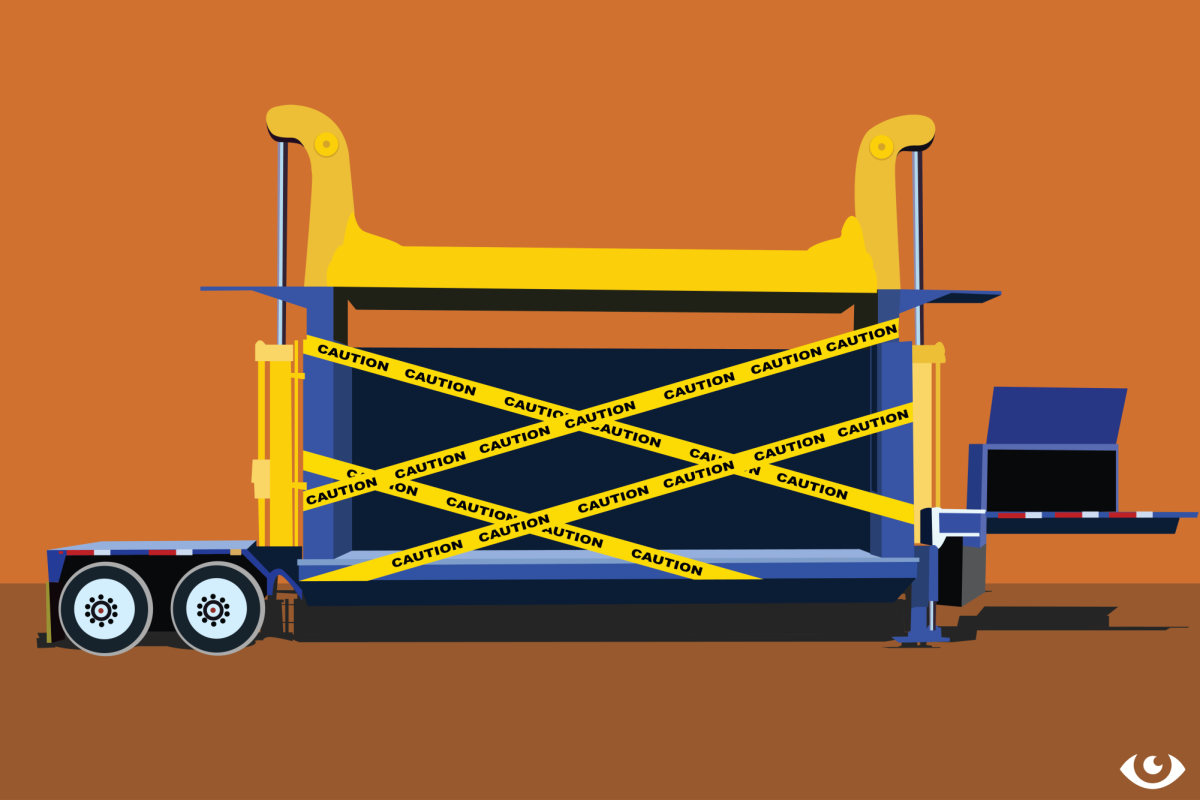Recently, certain political groups have pushed for the legalization of cannabis, a popular euphoric drug with nicknames like “marijuana” and “weed.” In eight states, the drug is legal for recreational use, and laws decriminalizing cannabis, or legalizing its use for medical purposes, have been passed in 30 states. Kentucky is not one of those states, and imposes fines on those who who grow, sell, or possess the drug.
Last Friday, an article explaining why the authors believed recreational use of cannabis should be legal in Kentucky was posted to Manual RedEye. While it is important to discuss whether or not use of the drug should be legal, I believe the authors of the piece focused on the wrong points. The most important part of the conversation, when it comes to legalizing cannabis, is the chemical effects of the drug on its users.
Taxation and racial bias
It is true that the legalization of marijuana could increase tax revenue for the state, which is in desperate need of funding. States that have legalized cannabis each made tens of millions of dollars by taxing the product. This, however, does not mean that it is certainly a good idea to legalize the drug. If data surfaced that legalizing crystal meth would lead to increased tax revenue, that does not mean that the negative effects of the drug should be ignored, and the drug legalized. The potential harm a drug can do to its users should be considered before the potential profit that could be raised by making it legal.
Groups like the American Civil Liberties Union (ACLU) also point out that law enforcement disproportionately arrests black users of cannabis more often than white users, suggesting that the prohibition of cannabis may contain some racial bias. Legalizing cannabis, however, is not the only possible solution to this problem. Another solution could be for the state government to enact laws and programs designed to ensure equal treatment of minorities and whites in regard to cannabis-related crimes. Racial bias points to a problem in the enforcement of the law, but it is not necessarily a problem with the prohibition of cannabis itself.
Effects of cannabis
As stated earlier, the effects of cannabis on its users should be the focus of the debate.
The most common effects of the drug are a sense of happiness and relaxation, as well as an increase in appetite and heightened sensory perception. Medically, the most common use for cannabis is to relieve chronic pain, but it can also help lessen conditions like nausea and lessen the severity of muscle spasms. Some research also indicates that cannabis might be able to help kill certain cancer cells.
Cannabis is not a miracle drug, however, and is not entirely safe. According to the National Institute on Drug Abuse, around 30 percent of cannabis users may have some sort of use disorder, users under the age of 18 are around four to seven times more likely to develop a problem. It should be noted, though, that only around nine percent of users will become truly dependent. It is therefore far less addictive than drugs like heroin or cocaine, or even alcohol.
Studies also show that cannabis use in adolescence can lead to reduced growth in areas of the brain that affect memory, learning, and impulse control. Cannabis can also increase the user’s risk of developing mental illnesses, including schizophrenia, depression and anxiety.
As a state and as a nation, it’s important that we weigh the effects of cannabis on the mind, and use science and evidence to inform our decision on whether or not it should be legal. While tax revenue is certainly important, it should only be a factor if and when it’s been decided that cannabis be legal. While it’s definitely important that our justice system becomes more fair and equal, the legalization of cannabis is not the only way to pursue that goal. With this debate, we should start by deciding whether cannabis should be legal based on the drug itself. Once we’ve accomplished that, we can work out the details.
Featured Image Citation: Photo of cannabis. Taken by the United States Fish and Wildlife Service on Wikimedia Commons, public domain. No changes were made to the original image. Use of this image does not indicate photographer endorsement of this article. Image Link: https://commons.wikimedia.org/wiki/File:Marijuana.jpg






